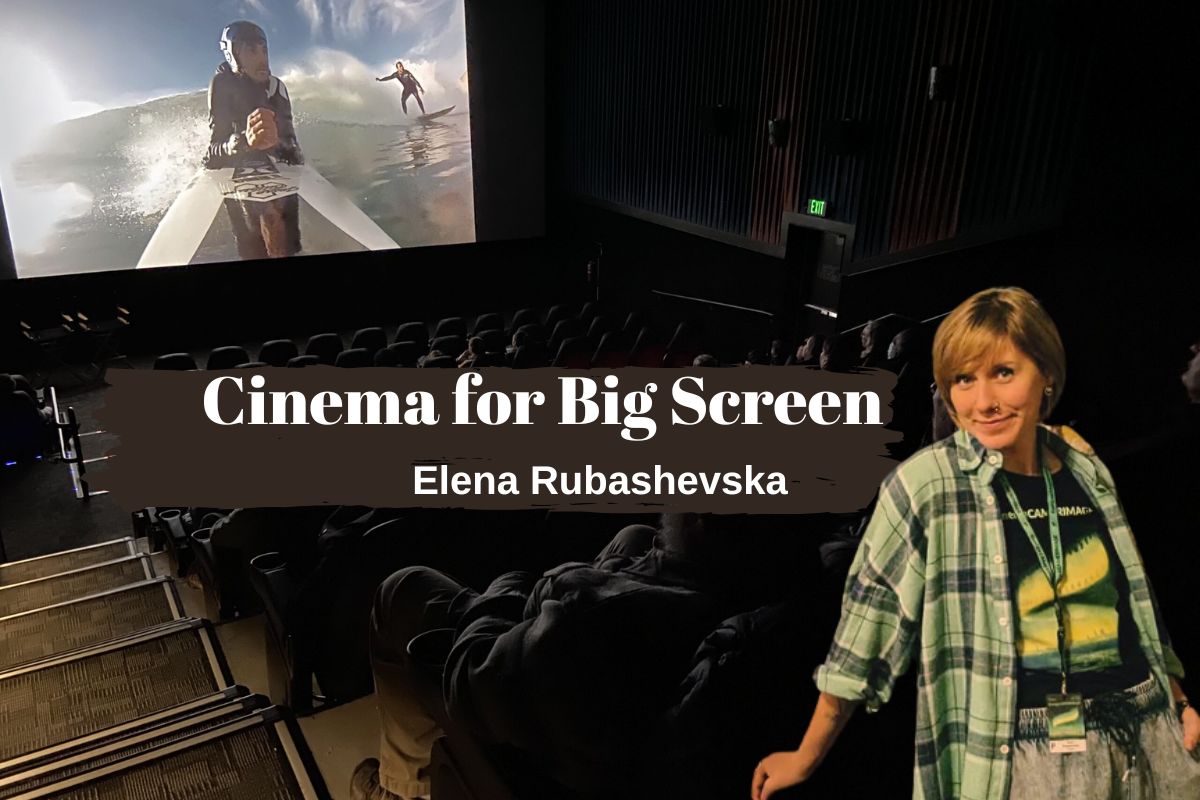
Published: : May 27, 2025, 10:52 AM

I am invited to sit on the jury of yet another festival. I am excited and looking forward to bonding with people over the cinema. I anticipate rediscovering the magic of the moving image anew on the big screen. However, the festival reaches me with a bunch of screeners a month ahead of the event and the jury deliberation is supposed to take place shortly after the start of the festival. After that, we are free to attend other screenings or just hang around until the closing ceremony.
Has it happened to you to agree to such conditions? If so, you have contributed to the mutual fault of undermining the very foundation of our industry: sharing a collective experience in front of the big screen, an experience that profoundly changes us and prompts us to start a dialogue to find common ground in this mad world.
I am guilty of this myself; it started as a compromise during COVID times and lingered when there was no more necessity to continue this way. Pandemic is over, yet the harmful ways it influenced the industry persist. There are other factors that contribute to things spiraling down. Let’s look at them closer and see if they indeed are so unavoidable.
Festivals suffered from budget cuts, and many of them never truly recovered. At the same time, hundreds of new initiatives have popped up in more and more places; it seems that nowadays every city needs to have a film festival. But do all of them stand up to the standards we used to measure festivals with? Without a doubt, the very intention to bond over cinema is noble, but the more I observe the current situation, the more I feel that many festivals care more about how they will be reflected on social media rather than what they actually have to offer. Budgets and efforts are poured into creating an image of the festival rather than the festival itself. Every day, a team is supposed to post a bunch of Instagram-worthy pictures (separate posts for every minor happening), and most importantly, upload videos titled “Day 3 of the festival” with the catchy music and exhaustingly derivative structure (happy festival guests, clapping festival guests, festival guests eating snacks generously provided by the sponsor, etc.). Has anyone watched such videos till the end? Meanwhile, plenty of resources were invested in making it happen.
Another justification that festivals use these days is that they need to know winners’ names in advance to prepare posts for social media. Most people will scroll through these few pictures and forget them the next second, drowned in the incessant stream of trendy meme videos; those who truly care, value quality and meaning over the speed of posting. Yet festivals prefer to have beautiful posts rather than providing jurors with a fair opportunity to watch films on the big screen, and side by side with other people.
Perhaps someone might argue that in modern times, what’s not on social media has never even happened but more and more often, I get the impression that things that actually never happened (or didn’t happen as they should) are, however, on social media. Often, they look much better than they were in real life.
Now, I am not saying we should abandon social media for good; yet at the same time, I feel that if the resource that is going for creating the picture would be directed to actually securing something tangible, it would have been much more beneficial for both audience and the festival.
Let’s discuss the most important point against watching films via screeners. Answer honestly: has it happened to you, while being on remote jury duty, to speed up the film that you found not so engaging? To watch a film in a several goes? To interrupt the screening because your work/family/any other reason needs your attention? To watch a film under inappropriate technical conditions (bad screen resolution, sound, internet connection)? To watch a film on a tablet on the go because of the lack of time? Finally, to scroll through your feed while watching the film? Let the one who was never guilty of such things be the first one to throw a stone at me!
And did it happen to you to watch the same film on the big screen and change your opinion?..
By watching films via screeners, we unavoidably equalize it to the rest of the fast-food content we’re consuming non-stop. The attention span shortens, and it’s harder to focus. In the end, it turns out that the huge amounts of money and resources go into producing a movie that we would barely pay attention to. The technical aspects that make us appreciate certain films are often possible to be perceived on a big screen only: colors, sound, and the perception of rhythm. The films we watch at home, much like TV series, would be mostly judged by the story and characters. Big screen, on the other hand, makes us appreciate something more important: the complexity of the unique cinematic expression and all aspects that make cinema different from TV, streaming platforms, and most importantly, social media.
It concerns detecting not only good but bad films: what you can suffer through relatively engaged with the help of binge-scrolling, would be unbearable to sit through in the cinema.
I am not stating cinema shouldn’t be watched at home at all, but I strongly believe that when it comes to festival perspective and especially jury duty, it is crucial that we watch films on the big screen, with co-jurors by our side, and also with the audience. It sets a different state of mind, and in the modern world, cinema becomes a spiritual meditation. Besides, the purpose of cinema does not end with the last frame of the film, it continues in discussions, sparks arguments, and makes us share sincere, first-hand emotions.
I urge festivals to reconsider priorities and to remember that our common purpose is to create connection through the medium of art and that without this foundation all further components are spare. At the same time, I urge festival guests, especially jurors and film critics, to not agree on compromises when it comes to the very foundation of our profession. Let’s prioritize quality over formal media representation, and let’s take on a responsibility to set standards and trends for respect for our profession based on digital and media hygiene. Cinema is much like food: it matters not only what you consume but how you do it: relaxed, stressed, focused, in a rush, watching something when you eat (harms digestion) or eating something – or scrolling – while watching cinema (harms the quality of perception).
Last but not least: if we agree to watch films online, we might as well agree to solely online discussions and in general virtual festival formats. Yet COVID times have shown us convincingly enough that it is not what human nature benefits from. So, until AI enslaves us and connects everyone to the Matrix, let us not allow imitation of activity to become more important than activity.
Let’s watch cinema – at least within the festival's context – as it was intended, on the big screen. Together.
Writer: Film Critic, Ukraine